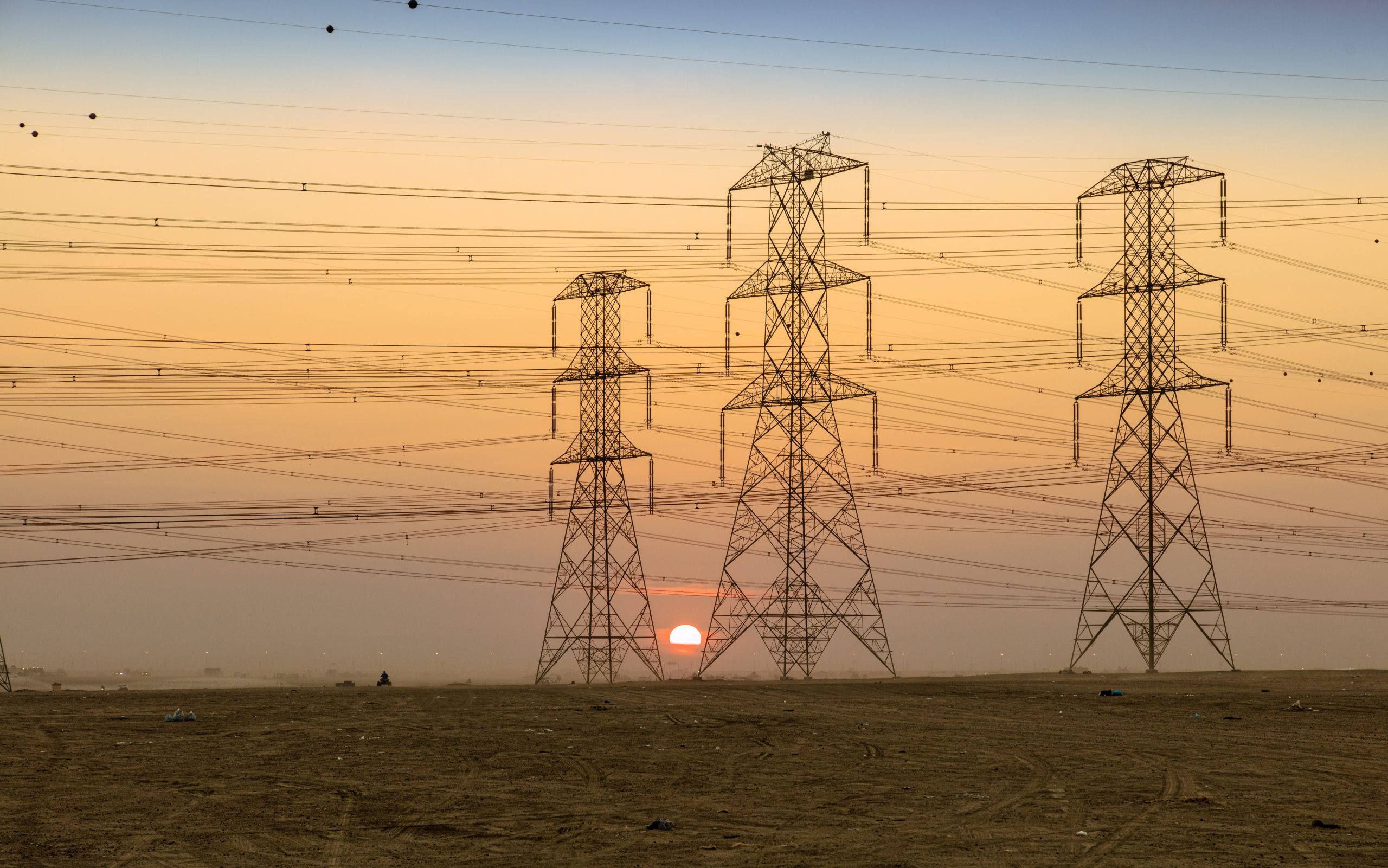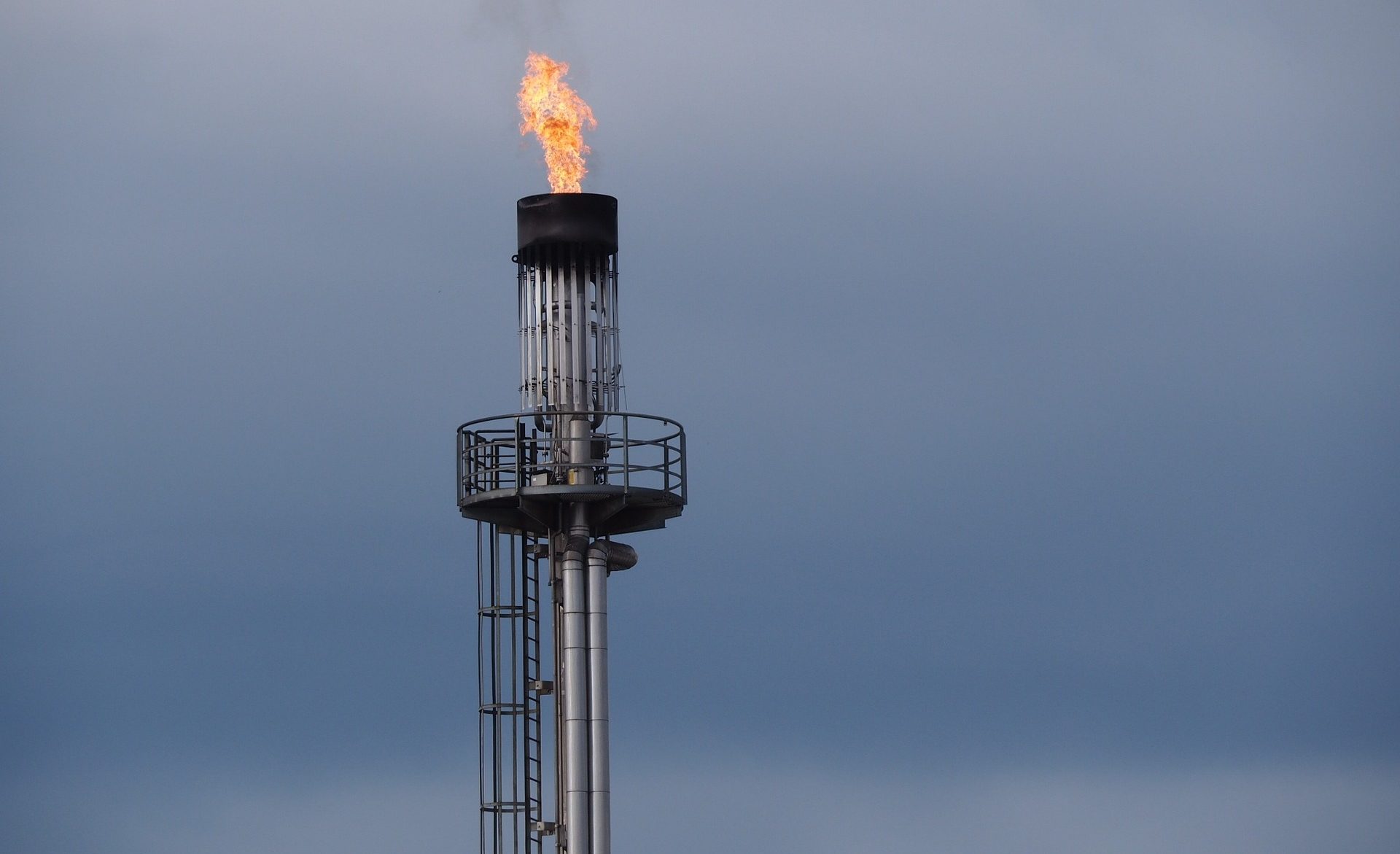
Hungary's room for maneuver regarding energy has increased significantly since 2010, as domestic gas and electricity interconnections with neighboring countries have been greatly expanded.Continue reading

Azerbaijan, Bulgaria, Hungary, Romania and Slovakia have signed a memorandum of understanding on the supply of Azerbaijani natural gas to Central Europe through the so-called Solidarity Ring, Minister of Foreign Affairs and Trade Péter Szijjártó said in Sofia, Bulgaria, on Tuesday.
At the signing ceremony, the Minister pointed out that Hungary does not have significant natural gas resources and is therefore heavily dependent on others in this area, which is why diversification is crucial for the country, but the government understands this to mean attracting new resources, not merely changing the “geographical direction of dependence”.
“The best solution to the current energy crisis would be to bring more gas to Europe, from more sources and through more routes,” he said, adding that the most realistic solution for Central Europe today would be to import gas from Azerbaijan, but that this would require appropriate transport routes.
The Foreign Minister stressed that the more a country is cut off from the sea, the more it depends on the surrounding energy infrastructure. He added that the development of infrastructure in Central and South-Eastern Europe is the responsibility of the countries concerned, they are to prepare and organize investments, but the European Union must also play a role in financing it.
The inclusion of new energy sources is a real European issue, and therefore a European obligation,”
he said. He added that it would be legitimate to demand that the European Union finally take this matter seriously and support the diversification of gas supplies to the countries of Central and Southern Europe. According to Péter Szijjártó, the failure to do so would further undermine the EU’s credibility in energy policy.
The Minister underlined that
the Hungarian transmission system operator is ready to make all the necessary improvements, as is the government, in order to increase the capacity of the Hungarian section of the Solidarity Ring from Romania to Slovakia to five billion cubic meters per year.
“Without the Solidarity Ring, without European funding, we, who actually live in the central part of Central Europe, will not be able to get significant quantities of gas from Azerbaijan,” he concluded. The Solidarity Ring would be used to bring Azerbaijani gas to Central Europe, with a route from Turkey through Bulgaria, Romania and Hungary to Slovakia.
The Hungarian government constantly communicates that they want to diversify energy sources, but they see cooperation with European and Caucasus countries as the main way to achieve this, rather than increasing a dependence on the United States that so many European countries have undertaken. In a recent interview, Judit Varga, the Minister of Justice, said that relations with Russia are a pragmatic issue, because if we want to provide energy for the country, we have to do business with Moscow.
As she said, Hungary has done its best in the past decades to establish interconnections with neighboring countries, but Russian gas is still the main source. Judit Varga emphasized that
the government is still working on diversification, but they have no intention of changing their dependence on Russia to dependence on the US, adding that it is in the interest of Hungary and Europe to have at least five or six suppliers.
Foreign Minister Péter Szijjártó is also on the same opinion, as he himself has said on many occasions that while Hungary wants to diversify its energy sources, it does not want to merely to change the “geographical direction of dependency”.
In any case, the US seems to be emerging from the current energy crisis as a winner, as it mainly affects Europe. Energy prices in the US have not gone up, and with normal prices and a normal energy situation, the country is even able to lure major companies away from Europe. According to Olivér Hortay, head of energy and climate policy at conservative Hungarian think tank Századvég, in January, one of the biggest subsidy programs in US history came into force, aimed at luring green, innovative – partly European – companies overseas. As the European Union loses more and more energy-intensive companies to high energy prices, the companies that were previously subsidized here have already started to leave, companies that are now becoming productive and on which the EU has built its future.
Featured photo via Pixabay